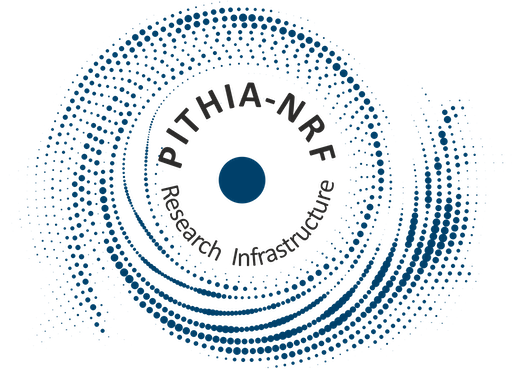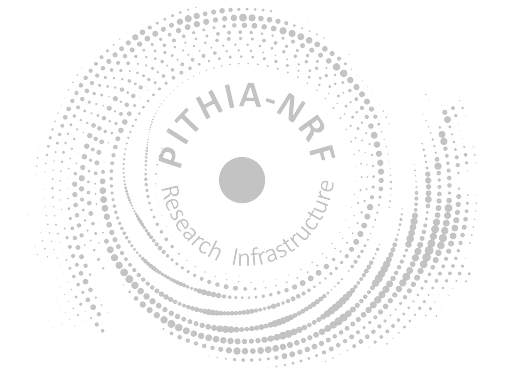NTCM G: Galileo single-frequency ionospheric corrections
Last modified on Aug 12th, 2024
In This Page
Description
The Neustrelitz Total Electron Content (TEC) Model for Galileo satellite navigation systems NTCM G can be used to determine Galileo single-frequency ionospheric corrections. It is proposed as an alternative to the reference algorithm NeQuick G. The model was developed by the German Aerospace Center (DLR) and validated with the support of ESA, and the Joint Research Centre (JRC) of the European Commission. The reduced complexity and runtime of the NTCM G algorithm are beneficial, in particular in user-segments where the equipment has limited resources available, like for civil avionics receivers or location-based services for smartphones.
Capabilities (1)
- Name
- Total Vertical Electron Content (VTEC)
- Observed Property
- Dimensionality Instance
- Units
Processing Input Parameters
- Effective ionisation level 1st order parameter [sfu] (optional)
- Broadcast parameter a_i0 in solar flux units.
- Effective ionisation level 2nd order parameter [sfu/deg] (optional)
- Broadcast parameter a_i1 in solar flux units per degree.
- Effective ionisation level 3rd order parameter [sfu/deg^2] (optional)
- Broadcast parameter a_i2 in solar flux units per square degree.
- Carrier frequency [Hz]
- Carrier frequency in Hertz.
- Receiver altitude [km]
- Altitude of the receiver in kilometers.
- Receiver latitude [deg]
- Latitude of the receiver in degrees (signed decimal number).
- Receiver longitude [deg]
- Longitude of the receiver in degrees (signed decimal number).
- Satellite altitude [km]
- Altitude of the satellite in kilometers.
- Satellite latitude [deg]
- Latitude of the satellite in degrees (signed decimal number).
- Satellite longitude [deg]
- Longitude of the satellite in degrees (signed decimal number).
- Date-Time [ISO]
- Date and time of interest given as an ISO 8601 compliant string.
Further Resources and Information
Resources
Go to Metadata FileData Levels
More Properties
| Property | Value |
|---|---|
| Algorithm | Not used |
| Software Reference | Not used |
Metadata Information
| Editor | German Aerospace Center - DLR - Institute for Solar-Terrestrial Physics |
| Version | 1 |
| Created | Monday 12th Aug. 2024, 12:00 |
| Last Modified | Monday 12th Aug. 2024, 12:00 |

